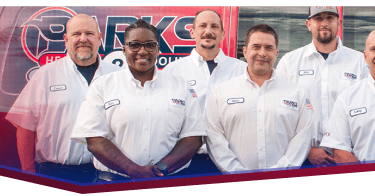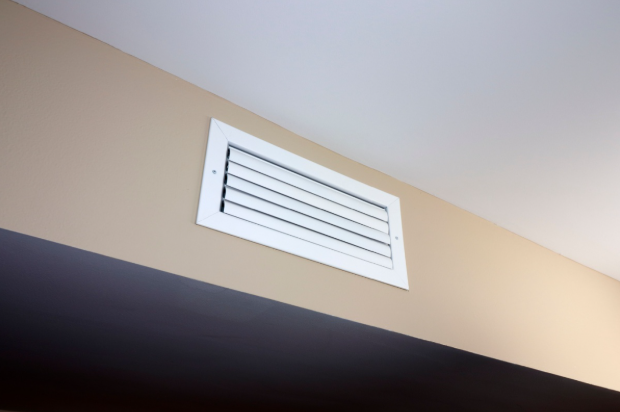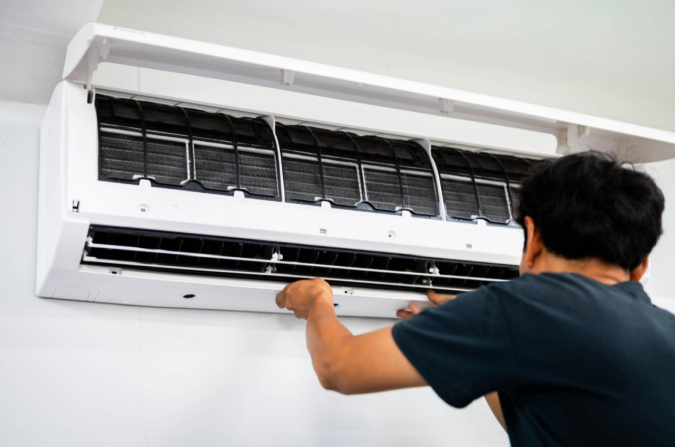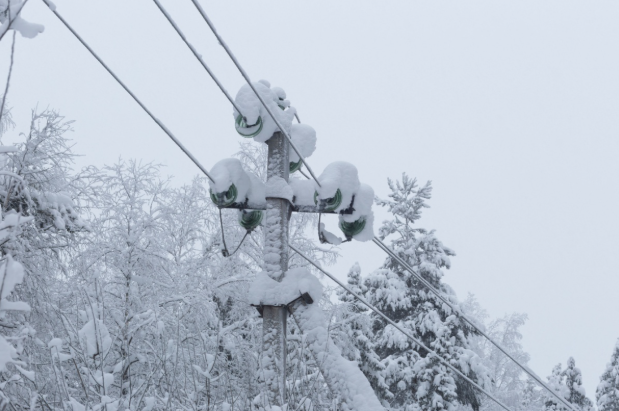Hydro Jetting vs. Snaking: Which Drain Cleaning Method Is Better?
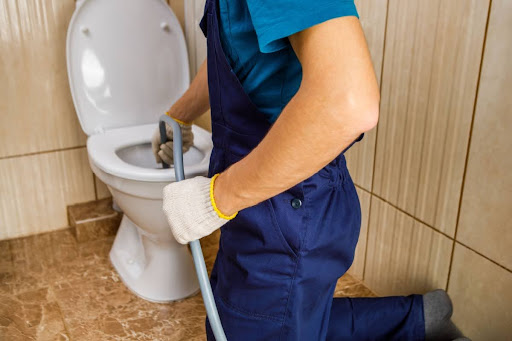
Few things can throw off your whole day like a stubborn clog in the sink, toilet, or bathtub. That’s when the internal debate kicks in. Grab a tool from the garage, try something from the cleaning aisle, or bring in a pro?
Across the Charlotte, NC, area, homes of all ages face drainage problems. Food particles from the kitchen, hair in the bathroom, grease coating the inside of the pipe, or even tree roots sneaking into the sewage line — all of these can cause water to stop flowing the way it should. When that happens, the team at Parks Heating Cooling Plumbing & Electrical is ready to help.
As a trusted provider of plumbing services, including drain cleaning, we’ve handled just about every kind of clog you can imagine. That’s why we’re here to walk you through the two common methods we rely on when tackling tough blockages: drain snaking and hydro jetting. Each one has a purpose, and knowing the difference can help you make the right call when trouble shows up.
What Is Drain Snaking?
Drain snaking uses a flexible tool called an auger. This tool either works by hand or gets powered by a small motor. A plumber feeds the auger into the drain until it hits the blockage. Once there, the auger breaks it up or pulls it out, making room for water to move again. Think of it like fishing, but instead of a trout, you’re catching a wad of hair or a chunk of food stuck in the line.
Snaking comes in handy for smaller clogs that reside close to the fixture. A backed-up sink in the kitchen or a slow-draining bathtub can often be resolved well with this method. If food has built up in the disposal or hair is collecting near the drain cover, a snake can usually clear it in minutes. Plumbers also use snaking when clearing out minor blockages in the toilet or bathroom sink.
Snakes tackle everyday problems, but they do have their limits. They’re great for surface-level issues and isolated clogs, though they might not reach a blockage deeper in the sewage system. Grease buildup also tends to resist the auger. Instead of clearing it, the tool might poke a small hole through the debris, leaving most of it behind. If the clog returns soon after snaking, that’s usually a sign something deeper needs attention.
What Is Hydro Jetting?
Hydro jetting represents a more powerful approach to drain cleaning that uses highly pressurized water instead of physical tools. This method employs specialized equipment that propels water through pipes at forces reaching up to 4000 PSI (pounds per square inch). The plumber inserts a hose with a specially designed nozzle into your plumbing system and then activates a machine that pushes water through at impressive pressure. This water blast scours pipe walls clean while simultaneously flushing all debris downstream toward the main sewage line.
Hydro jetting truly shines when dealing with tough, persistent problems that snaking can’t fully resolve. It’s particularly fantastic for clearing severe grease buildup, a common headache in kitchen lines. It handles sludge accumulation in sewer lines and is a powerful weapon against tree root intrusion, a frequent issue for older homes. If you’re experiencing recurring clogs or blockages affecting multiple drains simultaneously, hydro jetting often provides a more comprehensive and long-lasting solution.
Despite its impressive power, hydro jetting isn’t appropriate for every situation. Old cast iron or clay pipes found in many historic Charlotte neighborhoods might crack under such intense pressure.
How a Professional Plumber Decides
So, when our plumber arrives at your home, how do they choose between snaking and hydro jetting? It’s not a random guess; it’s a careful diagnostic process. We aim to provide the most effective and safest solution for your specific plumbing predicament. That’s why the first step often involves talking with you about the symptoms you’ve noticed — slow drains, gurgling sounds, backups in specific fixtures like the sink or toilet, or even sewage backflow.
We also often conduct a video camera inspection inside your pipes. We feed a small, waterproof camera attached to a flexible rod into your drain pipe. This allows us to see exactly what’s going on inside: the type of blockage (grease, hair, food, roots, debris), its location, its severity, and, importantly, the condition of the pipe itself. Is the pipe old? Are there cracks or weak spots? This visual confirmation is invaluable.
Based on the inspection findings and our conversation, we weigh the factors. Is the clog localized to one fixture, suggesting a simpler blockage perhaps best handled with a snake? Or are multiple drains affected, pointing towards a main line issue where hydro jetting might be more suitable? Ultimately, our recommendation balances effectiveness, pipe safety, long-term value, and customer satisfaction.
Cost Comparison and Long-Term Value
It’s natural to consider the cost when faced with plumbing repairs. Generally speaking, drain snaking is the less expensive option upfront. The equipment is less complex, and the process for a standard clog is typically quicker. If you have a relatively simple blockage, snaking provides a cost-effective fix to get things flowing again without a major investment.
Hydro jetting, conversely, usually comes with a higher price tag initially. The equipment is significantly more sophisticated and powerful, requiring specialized training to operate safely and effectively. You’re paying for a much more intensive cleaning procedure using advanced technology and skilled labor.
However, looking only at the initial cost doesn’t tell the whole story. Consider the long-term value. Investing in thorough cleaning reduces risks of water damage, mold growth, and sewage backflow — problems that could cost thousands to remediate compared to proactive maintenance spending.
Tips for Preventing Future Clogs
While it helps to know your options, prevention still makes life easier. Some daily habits make a huge difference in keeping your kitchen, bathroom, and toilet drains flowing freely.
- Food scraps: Throw them in the trash instead of rinsing them down the kitchen sink to keep buildup out of the pipe.
- Grease: Let it cool and toss it in the garbage can so it doesn’t harden inside the line.
- Mesh screens: Place one over the kitchen drain to catch stray bits of food before they sneak in.
- Hair traps: Add them to shower and bathtub drains to stop hair from collecting and clogging the pipes.
- Sink care: Wipe away soap, lotion, and grime that can coat the drain and collect debris.
- Flushing habits: Stick with toilet paper only — nothing else belongs in the toilet.
- Chemical drain cleaners: Avoid them! They weaken the pipe over time and rarely solve the issue.
- Professional inspections: Book a yearly visit to catch buildup or damage before water flow slows.
- Routine maintenance: Keep up with small cleanouts and check-ins to avoid bigger plumbing issues later.
Stubborn Clogs? Call Our Charlotte Team for Expert Assistance!
Despite your best efforts at prevention and maintenance, sometimes stubborn clogs happen. Whether it’s a slow drain that finally gives up, a toilet that refuses to flush, or water backing up into your sink or bathtub, plumbing problems demand prompt attention. Trying to tackle a severe or deep-seated blockage yourself can sometimes make things worse or fail to address the underlying issue like pervasive grease or root intrusion. That’s where professional expertise becomes invaluable.
If you’re in Charlotte, NC, or one of the nearby areas and struggling with a persistent drain issue, don’t hesitate to reach out to Parks Heating Cooling Plumbing & Electrical. Our experienced technicians are equipped with the right tools and knowledge to handle any clog, big or small. We prioritize protecting your pipes while delivering effective, lasting solutions.
Give us a call at 704-275-1017, and we’ll send someone out to help!
Contact Us Today
"*" indicates required fields
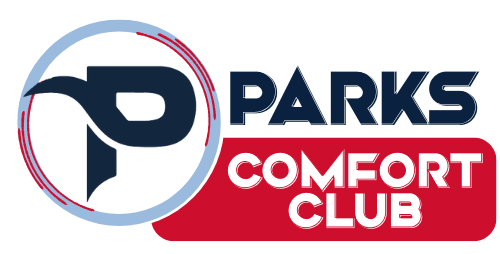

Become a Parks Comfort Club Member Today!
Sign Up for the Parks Comford Club Plan & Receive Guaranteed Service Day or Night.
- Biannual high-performance system checks for HVAC
- Complimentary plumbing video inspection
- Lowered energy usage & lower monthly bills
- Unparalleled protection & peace of mind
- Member-exclusive service discounts & perks




